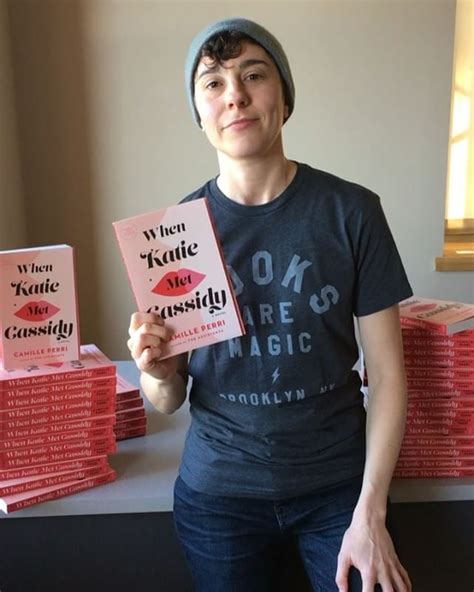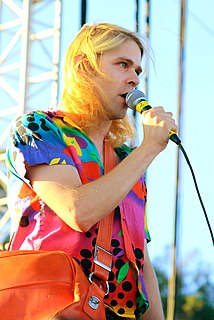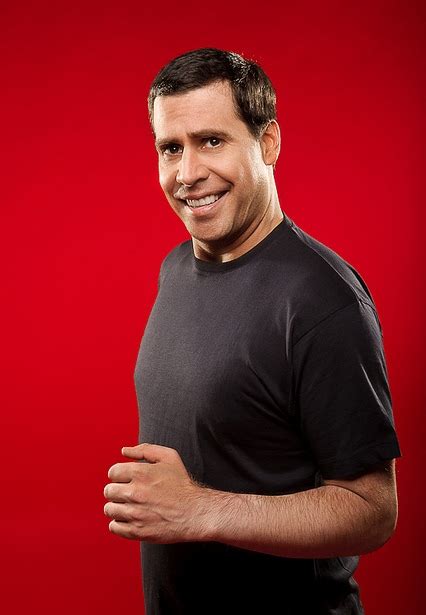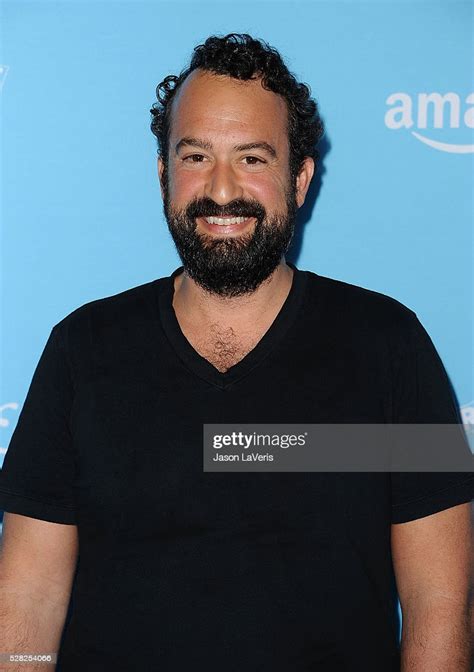A Quote by Thelma Schoonmaker
I just happened to see an ad saying 'Willing to train an assistant editor,' and I learned enough from that to go to NYU for just one summer course. That's all that I could afford.
Related Quotes
I'd trained to be a diplomat but the state department said I was too liberal. I saw an ad in the New York Times ... a hack Californian editor came to New York to butcher some films and he needed an assistant. For some reason I read it that day and it changed my life. I went to work for him and he was horrible, butchering these masterpieces by Antonioni, Visconti, but I learned enough to know what he was doing wrong.
I was the assistant to the editor-in-chief of 'Esquire Magazine.' And my experience as an assistant was really best case scenario. My boss was absolutely the greatest boss I could have asked for. But I think there's something universal about being an assistant, regardless of whether or not your boss is the greatest or a complete terror.
You do just have to go back to moral philosophy and you've got to say, okay, there is greed, people do want more and more, but then what restrains them and what restrained them in the past was a view of life in which one's satisfaction wasn't the most important thing, that you just, you needed enough and you could say, "Enough is enough." Maybe religion will get you there, maybe just classic moral philosophy, but you have to have some of that, or else you're always on the gravy train.
Now, almost twenty years since my last job in book publishing, I know that there are far more socially inept people in book than in magazine publishing. At the time, however, I just didn't feel I was enough: smart enough, savvy enough, well read enough, educated enough, charming enough. Much of this was probably because I was very naive, and didn't really know how to behave in an office. This made me a terrible assistant, which in turn made me a terrible junior book editor.
I worked as an assistant editor, actually, for a few years. That was right when I was just starting to get out at night and do a lot of stand-up, improv, and sketch work in New York. It really is invaluable. I think it pounded into me an awareness of what an editor wants and needs, in terms of clarity of a moment, where and when to start and stop a line.
Don LaFontaine passed away. He passed away from a blood clot in the lung. It was unexpected. It just happened. I was just blown away by it. He was like, "Pablo, I've got something in my lungs, I don't know what it is." And I said, "What is it?" And he says, "I don't know, it just keeps hurting." And then he left me a message saying, "I'll come see you when I get out of here." And it never happened.
The notion that the campus has its hands tied if a woman is not willing to go to the police, if the woman is only willing to go so far as, "I just don't want to see him in my dorm anymore," is ridiculous. If that's as far as she's willing to go, then we need to accommodate that. And a university needs to be able to accommodate it.
I always did plays, and when I went to NYU - and I didn't go to Tisch, the theater school, because I was like, 'Well, acting's not realistic. You can't make a career out of it.' So I just studied general studies and humanities at NYU, but I was doing plays while I was there. So I was sort of cheating.
The other day I met a man who didn't know where Tripoli was. Tripoli happened to come into the conversation, and he was evidently at a loss. "Let's see," he said. "Tripoli is just down by the - er - you know. What's the name of that place?" "That's right," I answered, "just opposite, Thingumabob. I could show you in a minute on a map. It's near - what do they call it?" At this moment the train stopped, and I got out and went straight home to look at my atlas.


































